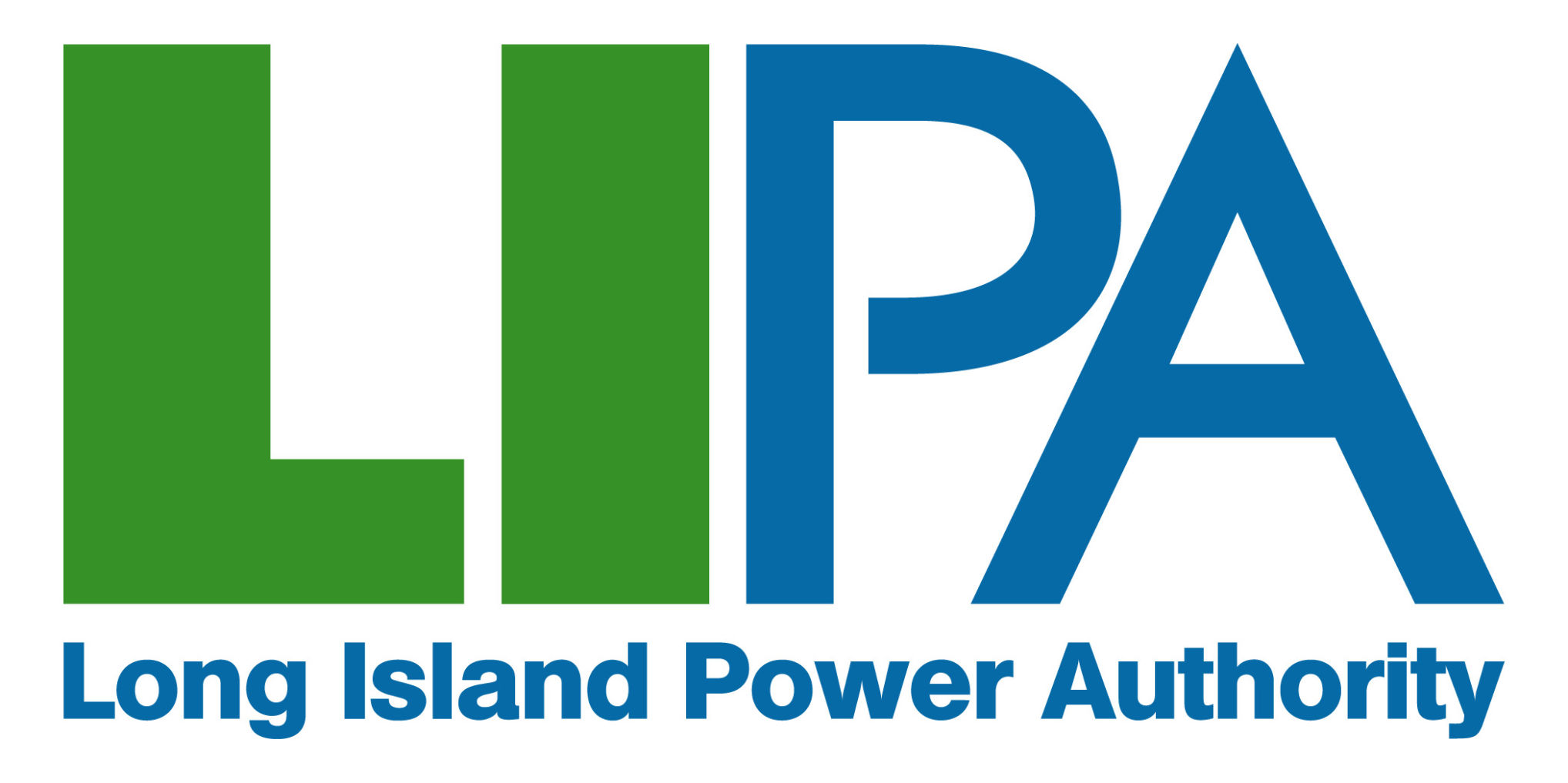The Long Island Power Authority’s first-half payments in lieu of taxes to North Shore school districts were a bit short.
Nassau County disbursed about $45.8 million in those payments, also known as PILOTs, late last week after LIPA paid $3.7 million less than the county billed it in the fall for several properties removed from regular property tax rolls.
That leaves school districts with tens of thousands of dollars less than what the county said they would receive in PILOTs.
School officials said the shortfall is not a short-term financial problem.
But the PILOT arrangement raises long-term questions for the districts about who will make them whole and what happens if future PILOT payments don’t come in.
“The lawsuit is intended to put the onus and the responsibility back on the county, and say that the way that they did it wasn’t the proper way for handling it,” said Michael Frank, assistant superintendent for business in the New Hyde Park-Garden City Park elementary school district.
In several separate lawsuits, more than 40 Nassau school districts argue the county acted improperly when it reduced their already-approved tax levies by the amount of PILOTs LIPA was supposed to pay.
Before the 2013 LIPA Reform Act put a 2-percent cap on how much LIPA’s taxes could increase, the authority was to pay PILOTs equivalent to regular taxes, Nassau County Attorney Carnell Foskey said in an email.
The county removed LIPA properties from regular property tax rolls for the first time last year to comply with that law, Foskey said.
The new PILOT amounts were then deducted from school district tax levies after the county certified them in August 2015, according to a lawsuit filed by Guercio & Guercio, the firm representing the East Williston, Sewanhaka and 16 other school districts.
At first, county officials assured districts they would receive the full PILOT amount, the filing says, but it later became apparent that LIPA would not pay it.
The school districts also argue the county is required to make them whole under the county guarantee, a law that puts Nassau on the hook for any tax shortfalls resulting from incorrect assessments.
Brian Nevin, spokesman for Nassau County Executive Edward Mangano, said the guarantee doesn’t oblige the county to make districts whole for the short PILOT payments.
LIPA has said it’s paid the full amount it’s authorized to pay under the LIPA Reform Act.
“In the past you never really thought about it. You always knew that that number was going to come in,” said John Powell, Great Neck school district assistant superintendent for business and finance. “This is an additional concern, because it falls outside of that classification, and there’s a possibility we might not get it.”
Foskey said the county “took extra care” in auditing LIPA’s first PILOT payments after they were made in November to be sure “what was received was consistent with what was billed.”
The lawsuits are expected to address the issues of who will make the school districts whole for future short PILOT payments, particularly in the context of the LIPA Reform Act’s 2-percent cap.
The first-half LIPA PILOT payments districts received this week were just under the amount the county removed from district tax levies. In the Great Neck district, the difference was about $65,000; in Mineola, about $32,000; and in the New Hyde Park-Garden City Park district, about $30,000; in East Williston, about $29,000.
School business officials said those amounts aren’t cause for immediate concern.
But the absence of LIPA properties from their property tax rolls could increase the burden on residential taxpayers, business officials said. And if future LIPA payments fail to come through, Frank said his district could incur short-term debt to cover the missed revenue.
“This could be a shortfall of revenues going forward if we are not made whole, which then could be burdensome on the taxpayers,” said Jacqueline Pirro, East Williston’s assistant superintendent for business.
School officials also said the lack of a written PILOT agreement laying out how much LIPA will pay in the future makes budget planning difficult.
Because LIPA’s PILOTs exist as a matter of state law, Foskey said, a written agreement between LIPA and the county isn’t required, but municipalities can enter into one with LIPA if both parties agree.
Pirro said it’s uncertain whether school districts or the county should strike a written agreement because the PILOT payments go through the county.
“Ideally districts would like something in writing of this relationship so we’re guaranteed that we’re getting the tax monies,” Pirro said. “However, LIPA’s not paying us directly.”
Hearings for the school district lawsuits begin in Nassau County Supreme Court this week.



